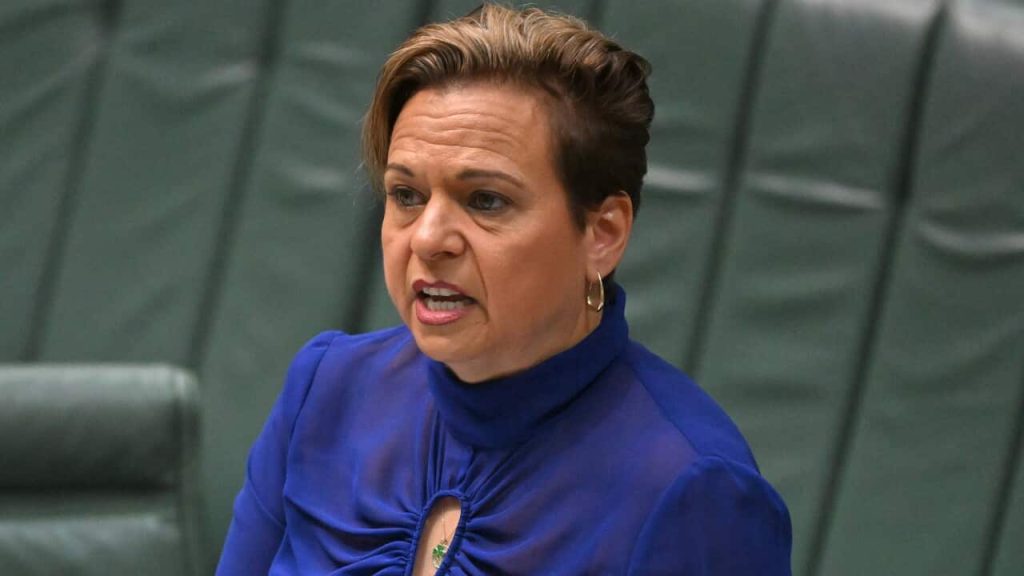The Government Abandons Controversial Misinformation Bill

Key Points
- The federal government has abandoned its misinformation bill.
- The bill faced opposition in the Senate over concerns about freedom of speech.
- Communications Minister Michelle Rowland suggests alternative measures for regulating online content.
The federal government has decided to drop its highly contentious misinformation bill following significant opposition in the Senate. Communications Minister Michelle Rowland revealed in a statement on Sunday that the legislation would not move forward due to a lack of support in the upper house.
Details of the Scrapped Legislation
The abandoned bill aimed to grant the Australian Communications and Media Authority (ACMA) the authority to monitor digital platforms and compel them to maintain records of misinformation and disinformation circulating on their platforms. Additionally, the media watchdog would have had the power to establish an enforceable industry code of conduct or set standards for social media companies if self-regulation proved ineffective.
Failure to meet the designated obligations could have resulted in tech giants facing penalties, including fines of up to 5% of their global revenue. However, the bill excluded misinformation used for parody, satire, or within specific contexts such as news, academia, art, science, or religion.
Criticism and Concerns
Critics from various political backgrounds expressed apprehensions about the bill’s potential for censorship. Dr. Jay Daniel Thompson, a senior lecturer at Melbourne’s RMIT University, acknowledged the bill’s good intentions but highlighted its censorship risks. Greens senator Sarah Hanson-Young criticized the vague sections of the legislation and emphasized the need to address algorithms promoting harmful content.
Alternative Proposals for Regulation
In response to the bill’s abandonment, Minister Rowland proposed other methods for regulating online content. These suggestions included legislation targeting specific online behaviors, measures to reinforce digital safety, and reforms in content regulation practices.
Rowland emphasized the evolving nature of misinformation and disinformation threats, stressing the importance of continuous improvement in safeguarding digital platforms for Australians.
Upcoming Legislation Concerning Age Restrictions
Separately, upcoming legislation on age restrictions for social media platforms is expected to pass through parliament with bipartisan support. The enforcement of age limits will be left to the platforms themselves, with considerations for privacy concerns surrounding the efficacy of technological solutions.
The government aims to create a safer online environment for young individuals with this legislation, potentially implementing it by the end of 2025, allowing for a 12-month lead time post-parliamentary approval.
With reporting by the Australian Associated Press.
Conclusion
The decision to abandon the misinformation bill showcases the delicate balance between regulating online content and preserving freedom of speech. As the digital landscape continues to evolve, finding effective solutions to combat misinformation remains a crucial challenge for policymakers.
FAQs
1. Why was the misinformation bill abandoned?
The bill faced opposition in the Senate, with concerns raised about its potential impact on freedom of speech.
2. What alternative proposals were suggested for regulating online content?
Communications Minister Michelle Rowland proposed legislation targeting specific online behaviors, measures to reinforce digital safety, and reforms in content regulation practices.
3. When is the age restriction legislation expected to take effect?
The legislation concerning age restrictions for social media platforms could be implemented by the end of 2025, allowing for a minimum 12-month lead time post-parliamentary approval.

